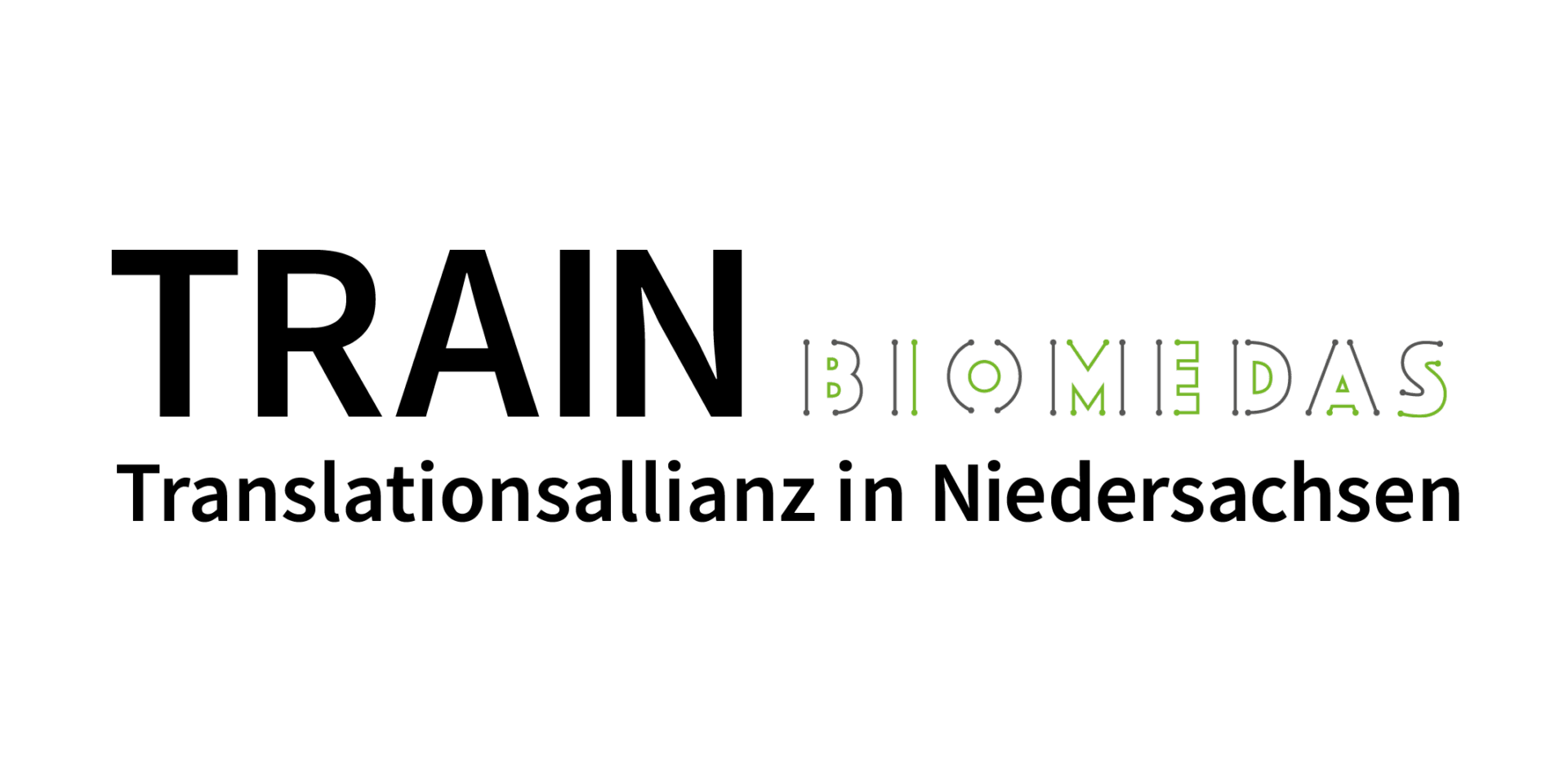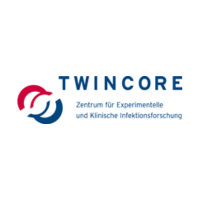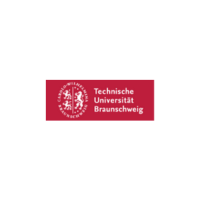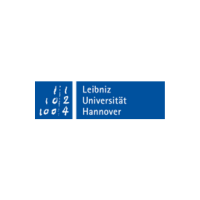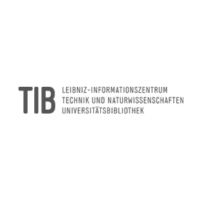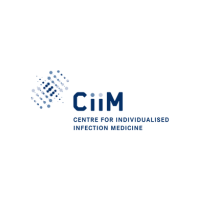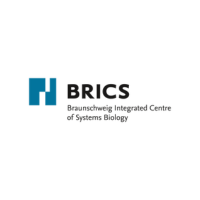BIOMEDAS
BIOMEDAS („BIOMedical Data Science“) ist das Promotionsprogramm der Translationsallianz Niedersachsen (TRAIN).
Was ist BIOMEDAS?
Die Digitalisierung und Fortschritte in der Datenwissenschaft – einschließlich der Künstlichen Intelligenz – die alle Bereiche des Lebens beeinflussen und verändern, wirken sich auch auf die Lebenswissenschaften und die gesundheitsbezogenen Wissenschaften aus. So werden bereits heute in der Routine große Datensätze für jeden einzelnen Patienten gesammelt und systematisch erfasst. In den kommenden Jahren ist mit einer weiteren Zunahme der Komplexität durch den immer stärkeren Einsatz sowohl molekularer als auch bildgebender Diagnostik zu rechnen. Der Grad der Auflösung – bereits auf Einzelzellniveau – wird in allen Disziplinen der Lebenswissenschaften weiter steigen. Damit wird die Notwendigkeit, riesige Datensätze, die unter Anderem Informationen zu Phänom, Genom und Exposom sowie kontinuierlich gemessene Gesundheitsdaten wie Herzschlag oder Aktivitätsmessungen von Wearables enthalten, stetig zunehmen. Die Verarbeitung und Analyse solch komplexer und großer Datensätze ist eine der größten Herausforderungen für die Biowissenschaften und insbesondere für die gesundheitsbezogenen Wissenschaften. Durch den Mangel an Expertinnen und Experten und entsprechende Infrastruktur sind die Möglichkeiten der zukunftsweisenden Auswertungen bisher aber noch stark eingeschränkt. Dieses Potential nutzbar zu machen und die entsprechenden Fachleute dafür auszubilden ist das Ziel von BIOMEDAS.

Elisa Bosse
BIOMEDAS („BIOMedical Data Science“) ist das Promotionsprogramm der Translationsallianz Niedersachsen (TRAIN). Es ist angegliedert an die Hannover Biomedical Research School (HBRS) und die Medizinische Hochschule Hannover (MHH).
BIOMEDAS richtet sich an Studierende der Daten- oder Biowissenschaften, die in ihrer Doktorarbeit ihr disziplinäres Wissen auf biomedizinische Projekte an der Schnittstelle von Bioinformatik, Medizininformatik, Datenbanken, Data Mining, maschinellem Lernen, angewandter Mathematik, biomedizinischer Modellierung und Analyse komplexer Netzwerke anwenden wollen. Das Programm verspricht die hierfür notwendige Ausbildung in Bioinformatik. Wir freuen uns immer über qualifizierte Bewerbungen aus diesen Bereichen. Die entsprechenden Unterlagen können unabhängig von aktuellen Ausschreibungen jederzeit eingereicht werden. Voraussetzung für eine Bewerbung bei BIOMEDAS ist ein bereits vereinbartes Promotionsvorhaben an einer unserer Partnerinstitutionen oder eine Anstellung als DoktorandIn.
TRAIN bündelt die Kompetenzen verschiedener regionaler Partner aus der translationalen Forschung. Gleichzeitig entstand die Idee eines hochschulübergreifenden PhD Programms. Die Beteiligten außeruniversitärer Einrichtungen wollen so die für die biomedizinische Datenwissenschaft relevante wissenschaftliche und technologische Disziplinen kombinieren. Deshalb richteten sie das gemeinsame Programm BIOMEDAS ein. Federführende Einrichtung ist die Medizinische Hochschule Hannover (MHH). BIOMEDAS ist seit Wintersemester 2020 in die Hannover Biomedical Research School (HBRS) integriert.
Voraussetzung für eine Bewerbung bei BIOMEDAS ist ein bereits vereinbartes Promotionsvorhaben an einer unserer Partnerinstitutionen bzw. eine Anstellung als DoktorandIn.
Das Programm selbst vergibt keine Doktorandenstellen.
BIOMEDAS richtet sich an Studierende, die daran interessiert sind, disziplinäres Wissen mit Kompetenzen der biomedizinischen Datenwissenschaft zu verbinden. Dies können entweder ComputerwissenschaftlerInnen oder BiowissenschaftlerInnen sein, die bereits eine fundierte Ausbildung in der Bioinformatik haben und daran interessiert sind, ihre Karriere in der biomedizinischen Datenwissenschaft zu entwickeln. Für die Zulassung zum PhD Programm ist ein erfolgreich abgeschlossenes Hochschulstudium
in Informatik-nahen Bereichen (z.B. Medizinische Informatik, Bioinformatik, Physik, Ingenieurwissenschaften, Informatik, Statistik, Mathematik) oder in gesundheitswissenschaftlich verwandten Bereichen (z.B. Medizin, Veterinärmedizin, Pharmazie, Lebenswissenschaften) obligatorisch. BewerberInnen aus dem Bereich der Informatik müssen ein angemessenes Verständnis der biomedizinischen Forschung nachweisen, während BewerberInnen aus dem Bereich der Gesundheitswissenschaften Kompetenz in der Datenwissenschaft nachweisen müssen. Der Nachweis ist gegenüber der Programmkommission zu erbringen, die in Absprache mit den Betreuenden weitere Qualifizierungsmaßnahmen vorschlagen kann.
HÄUFIG GESTELLTE FRAGEN
DAS PROGRAMM
Der Studienplan eines Promotionsprogramms umfasst ein dreijähriges Forschungsprojekt, das individuell ausgewählt wird. Das Programm besteht aus mehreren Modulen. Die Teilnahme an mindestens fünf Vorlesungsreihen ist für den erfolgreichen Abschluss erforderlich. Es müssen zudem methodische Kurse besucht und mindestens einer abgeschlossen werden. Insgesamt sind 84 Unterrichtsstunden durch sechs Vorlesungsreihen zu absolvieren. Zusätzlich werden 40 Stunden durch zwei zweitägige Kurse abgedeckt.
Das Begleitprogramm sieht die Teilnahme an einem Journal Club mit mindestens drei Präsentationen von Publikationen, einem Fortschrittsseminar mit Präsentationen der eigenen Arbeit sowie einer Konferenz mit eigenem Beitrag (Vortrag oder Poster) vor. Zusätzlich ist eine aktive Teilnahme an jährlichen Retreats sowie an Soft-Skills-Kursen erforderlich.
Insgesamt umfassen die Begleitveranstaltungen 60 Stunden für den Journal Club, 60 Stunden für das Fortschrittsseminar, 20 Stunden für die Teilnahme an einer internationalen Konferenz, 20 Stunden für Retreats und 20 Stunden für Soft-Skills-Kurse.
Die Kurse sind modular aufgebaut und werde alle zwei oder drei Jahre wiederholt.
Über die Programmlaufzeit von drei Jahren
müssen mindestens fünf Module belegt werden.
BIOMEDAS Forschungsprojeke sind in folgende Bereiche aufgeteilt

Jennifer Debarry

Ulrich Kalinke

Alice McHardy
STRATEGIEAUSSCHUSS

Karsten Hiller

Jennifer Debarry

Tim Kacprowski
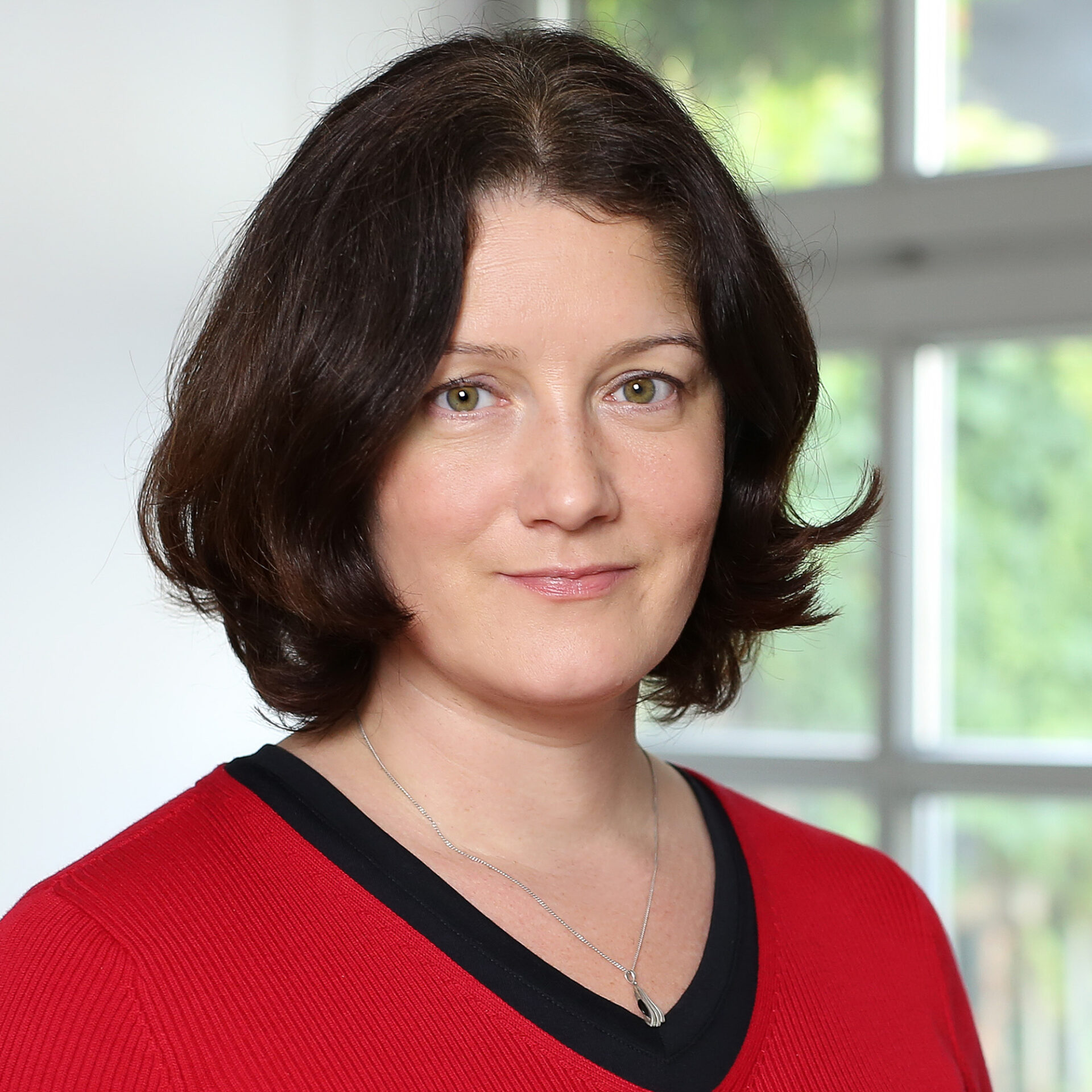
Alice McHardy

Wolfgang Nejdl

Michael Marschollek

Sören Auer

Klaus Jung
Frank Klawonn
Boyke Bunk
Ke Xiao
BEWERBUNG
BIOMEDAS selbst vergibt keine PhD-Stellen!
Noch offene Fragen? Dann kontaktiere uns für weitere Informationen!
Ansprechpartnerin
Elisa Bosse
0511 22002 7111
biomedas@translationsallianz.de
